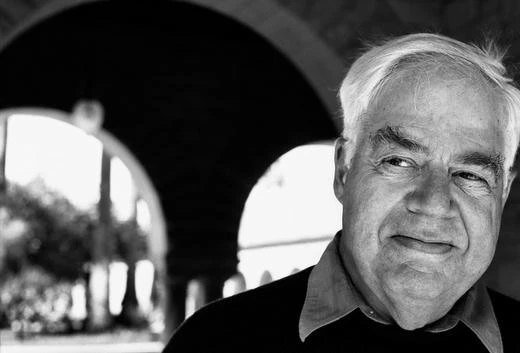
(1931-2007)
Born in New York two years after the financial crash of 1929, the philosopher Richard Rortygrew up in an anti-Communist family involved in left-wing social activism. In 1948 he started his philosophy studies at the University of Chicago, and between 1952 and 1956 he worked on his Ph.D at Yale. After its completion, he spent two years in the Army and in 1958 began his academic career at Wellesley College. Three years later Rorty moved to Princeton University, where he furthered his studies on American pragmatism and steeped in the writings of Charlie Pierce, William James and John Dewey. Their influence is clear in Philosophy and the Mirror of Nature (1979), in which he criticized the distancing of metaphysical philosophy from daily life. His broad literary and artistic training earned him the chair of Kenan Professor at the University of Virginia in 1982. In 1998 he accepted an appointment as professor of ComparativeLiterarature at Stanford. Rorty is also the author of Consequences of Pragmatism (1982), Truth and Progress: Philosophical Papers III (1998) and Contingency, Irony and Solidarity (1989).





